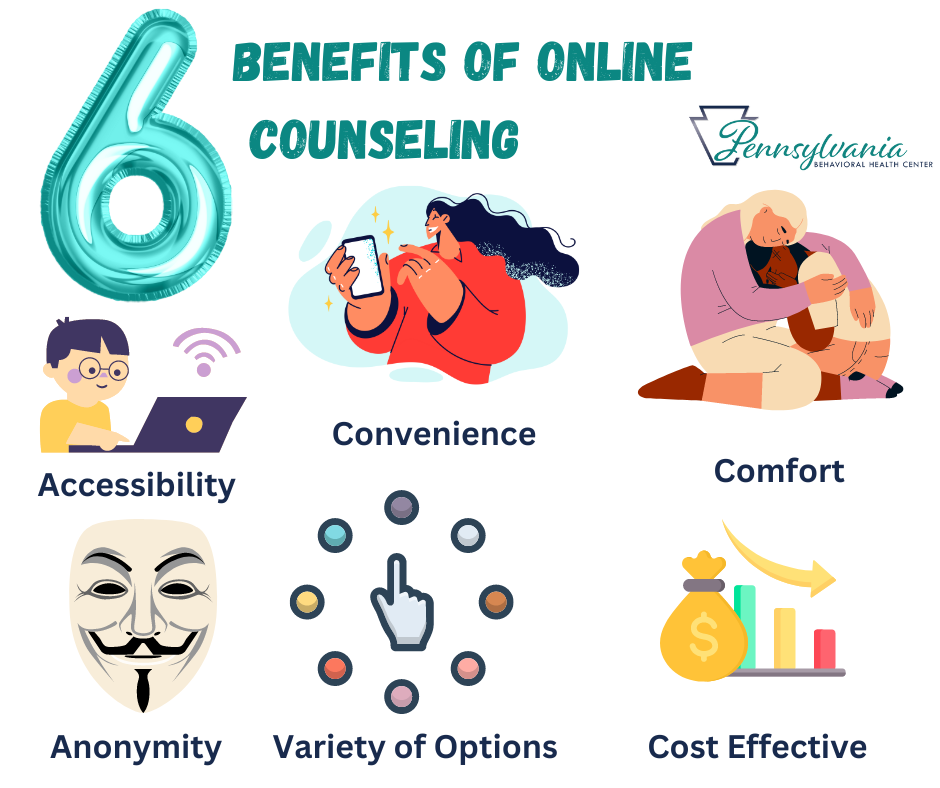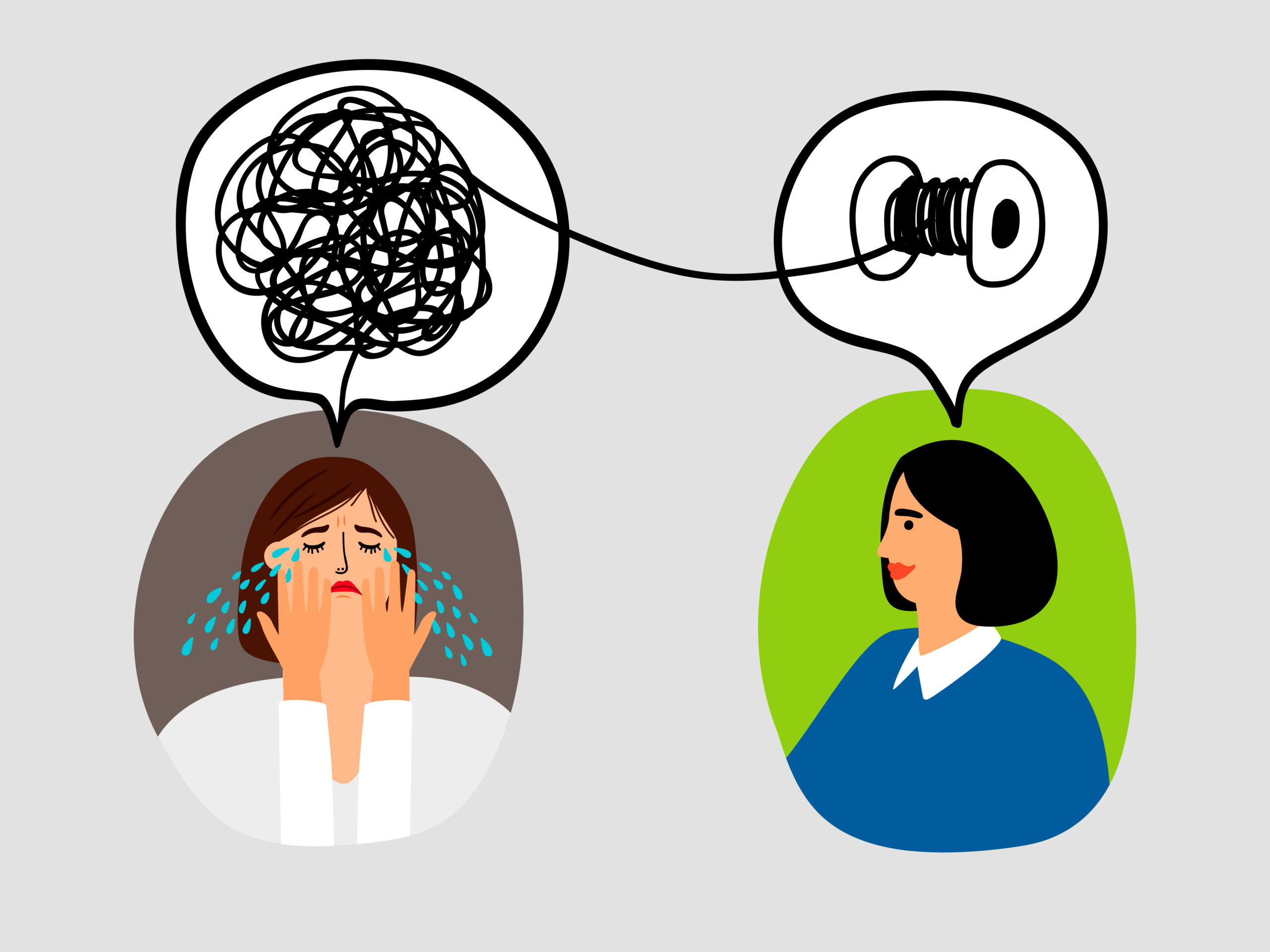Uncovering Effective Techniques Via Mental Therapy for Teenage Challenges and Success
Psychological therapy acts as an important resource for young adults encountering various difficulties throughout their developmental years. By resolving concerns such as peer stress and scholastic tension, therapy furnishes adolescents with important coping methods. In addition, restorative methods like cognitive-behavioral therapy play a crucial duty in cultivating emotional strength. The impact of adult involvement in this procedure remains a critical element. What transformative adjustments do these synergies genuinely yield for teenagers traversing their intricacies?
Understanding the Relevance of Mental Therapy for Teenagers
Many teenagers face a myriad of mental and psychological obstacles, the value of psychological treatment usually continues to be underappreciated. For teens maneuvering the tumultuous shift to adulthood, treatment acts as a vital resource for creating coping strategies and building durability. Mental wellness professionals supply a safe room for teenagers to reveal their feelings, fostering self-awareness and understanding. This restorative environment encourages open discussion, enabling young adults to confront their stress and anxieties, fears, and self-confidence problems without judgment.
Moreover, mental therapy can aid teens learn important skills, such as problem-solving and psychological guideline, which are basic for taking care of tension and interpersonal connections. By participating in therapy, teens can likewise acquire understandings into their actions and assumed patterns, empowering them to make educated decisions. Inevitably, mental therapy is not merely an assistance device; it is a foundational aspect in advertising the general well-being and advancement of young adults during a substantial duration of their lives.
Typical Teen Challenges Addressed by Treatment
As teenagers browse the intricacies of adolescence, they typically encounter challenges that can considerably affect their psychological and psychological wellness. Usual issues include peer pressure, which can bring about stress and anxiety and tension as they strive for acceptance. Furthermore, identification exploration throughout this duration may result in sensations of confusion or reduced self-esteem. Academic pressures likewise tax several teenagers, creating distress as they stabilize the assumptions of school and extracurricular tasks.
Additionally, household characteristics can influence a teen's psychological state, especially during times of dispute or adjustment, such as divorce. Psychological health problems, consisting of anxiety and anxiousness conditions, are common and can hinder a teen's ability to handle life. Therapy offers as a necessary source, aiding adolescents address these obstacles by supplying a safe area to discover their feelings, establish self-awareness, and learn effective coping methods tailored to their unique experiences.

Healing Methods for Building Coping Abilities
Therapeutic techniques for developing coping skills empower young adults to handle their mental and psychological obstacles effectively. One widely used approach is cognitive-behavioral therapy (CBT), which aids teenagers determine and reframe negative idea patterns, thus promoting durability. Mindfulness methods, such as reflection and deep-breathing exercises, motivate present-moment understanding, reducing anxiousness and boosting psychological policy.
Another strategy includes role-playing, enabling teenagers to practice responses to challenging situations in a risk-free environment, which can increase their self-confidence and problem-solving capacities. Art and songs treatment also provide innovative outlets for expression, allowing teenagers to process their feelings constructively.
In addition, journaling can serve as a reflective device, permitting teenagers to track their emotions and determine triggers. Individual Counselling Toronto. Overall, these therapeutic techniques outfit teens with useful skills to navigate the complexities of their developing phase, fostering personal development and psychological wellness
The Function of Parental Support in Treatment
How can adult support improve the effectiveness of treatment for teenagers? Study shows that when parents actively involve in their teen's healing process, the outcomes can be significantly improved. Parental participation fosters a sense of security and understanding, permitting young adults to really feel more secure in addressing their obstacles. This support can materialize in numerous means, including attending sessions, interacting honestly regarding feelings, and strengthening coping techniques in the house.

Success Stories: Transformative Outcomes of Mental Therapy
Adult assistance plays a considerable function in enhancing restorative outcomes for teenagers, leading the way for impressive success stories in psychological wellness treatment. Many teenagers have actually emerged from treatment with boosted emotional durability, much better coping mechanisms, and a boosted feeling of self-worth. One teen struggled with anxiety that influenced their scholastic performance and social communications. With the backing of their moms and dads and constant treatment, they developed approaches to manage anxiety effectively, ultimately causing enhanced qualities and restored relationships.
Another success tale entails a young individual fighting depression. With the advice of a psychological health expert and steadfast adult motivation, the teen found out to engage and reveal sensations in positive activities. As an outcome, they changed their expectation on life, cultivating desires for the future - Individual Therapy For Teens. These narratives highlight the profound effect of psychological therapy, showcasing exactly how assistance and reliable strategies can cause transformative end results for young adults encountering challenges
Often Asked Concerns
Just How Can I Recognize if My Teenager Requirements Therapy?
Signs that a young adult might require therapy include persistent sadness, withdrawal from social tasks, drastic state of mind adjustments, declining academic performance, and sharing feelings of pessimism. Observing these actions can show the requirement for specialist support.
What Is the Common Duration of Therapy for Teenagers?
The regular duration of treatment for teenagers differs, normally varying from six months to a year. Factors affecting this include the person's particular difficulties, restorative objectives, and the progress made throughout sessions.
Are Online Therapy Sessions Effective for Teenagers?
Online therapy sessions can be efficient for teens, using ease and availability. Lots of studies indicate that online sessions supply comparable advantages to in-person therapy, cultivating interaction and interaction, which are essential for adolescent mental health and wellness support.
Just How Much Does Teenage Psychological Therapy Generally Price?
Adolescent mental therapy expenses commonly vary from $50 to $250 per session, depending on the therapist's experience click over here now and area. Insurance policy insurance coverage might reduce out-of-pocket expenses, making treatment much more easily accessible for households seeking assistance.
Can Therapy Be Harmful for Some Teenagers?
Therapy can be dangerous for some teens, specifically if they feel misinterpreted or in need of support. Adverse experiences might develop from poor specialist matches, unacceptable techniques, or unresolved injury, possibly leading to enhanced anxiety or distress instead of healing.
